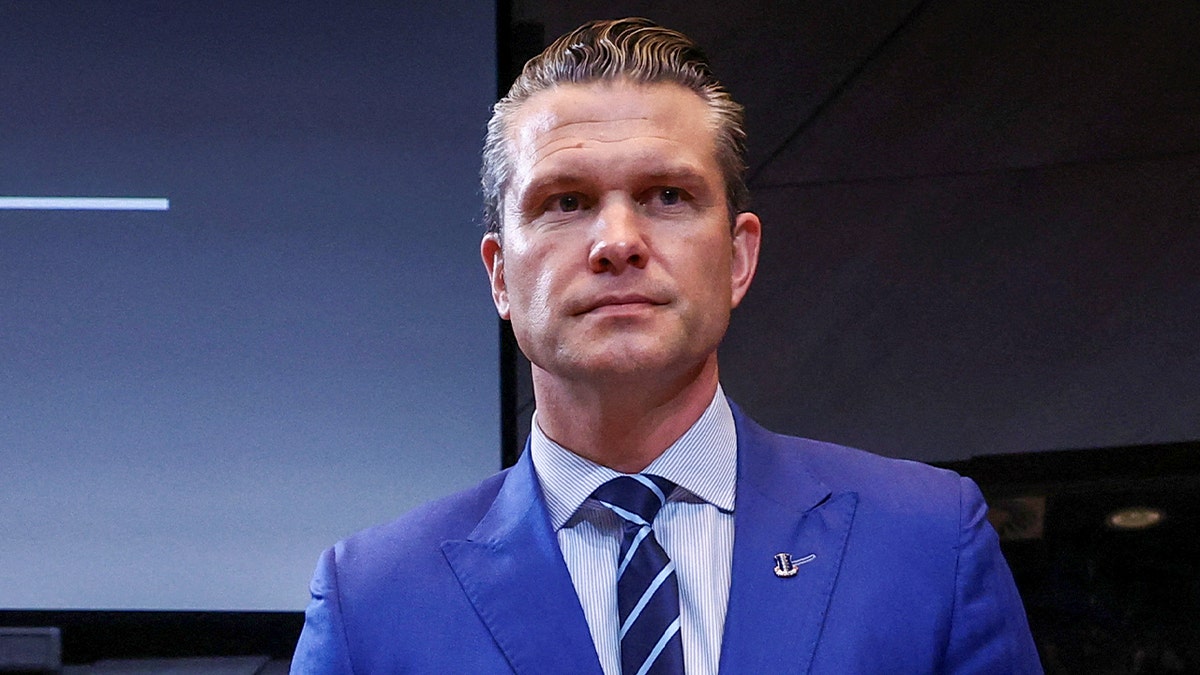Middle Managers: The Unsung Heroes Of Business Success And Employee Development

Table of Contents
The Crucial Role of Middle Managers in Bridging the Gap
Middle managers act as a crucial bridge, translating high-level strategic goals into actionable plans for their teams. They are responsible for ensuring that the company vision and values are understood and implemented at the operational level. This bridging function requires a unique blend of leadership skills, communication prowess, and operational understanding.
-
Translating strategic goals into actionable plans for teams: Middle managers break down complex strategic initiatives into smaller, manageable tasks, assigning responsibilities and setting realistic deadlines. This ensures that everyone understands their role in achieving the overall objectives.
-
Communicating company vision and values effectively: They are the primary communicators of company culture, ensuring that all team members understand and embrace the organization's values and mission. This fosters a sense of belonging and purpose.
-
Providing regular feedback and performance management: Middle managers conduct regular performance reviews, provide constructive feedback, and identify areas for improvement. This promotes employee growth and accountability.
-
Identifying and addressing potential roadblocks to project success: They proactively identify and resolve obstacles that may hinder project completion, ensuring that projects stay on track and within budget.
-
Facilitating collaboration and communication between different departments: Middle managers often work across departments, requiring them to effectively facilitate communication and collaboration to achieve shared goals.
Middle Managers as Key Drivers of Employee Development and Engagement
Beyond operational management, middle managers play a pivotal role in nurturing employee talent and fostering a positive work environment. Their ability to mentor, coach, and train employees directly impacts employee engagement, retention, and overall productivity.
-
Identifying employee strengths and weaknesses: Through observation and performance reviews, they identify individual strengths and areas needing improvement.
-
Creating development plans tailored to individual needs: They work with employees to create personalized development plans that address skill gaps and support career progression. This includes identifying training opportunities and mentoring programs.
-
Providing opportunities for skill enhancement and career progression: Middle managers actively seek opportunities for their team members to develop new skills and advance their careers within the organization.
-
Fostering a positive and supportive work environment: They create a culture of collaboration, mutual respect, and open communication, leading to increased employee satisfaction and engagement.
-
Addressing employee concerns and resolving conflicts proactively: Effective middle managers are skilled at conflict resolution, addressing employee concerns promptly and fairly.
-
Implementing effective employee engagement strategies: This includes using techniques like regular team meetings, recognition programs, and opportunities for employee feedback to boost morale and productivity.
Overcoming Challenges Faced by Middle Managers: Effective Leadership Strategies
Middle management is not without its challenges. Juggling competing priorities, managing limited resources, and navigating organizational complexities are common hurdles. Effective leadership strategies are essential for navigating these difficulties.
-
Effective time management and prioritization techniques: Middle managers must master time management to effectively handle multiple responsibilities and competing deadlines.
-
Strategies for conflict resolution and team building: Strong conflict resolution skills are crucial for maintaining team harmony and productivity. Team-building activities can further foster collaboration.
-
Importance of delegation and empowerment: Effectively delegating tasks empowers team members and frees up time for more strategic initiatives.
-
Navigating organizational politics and bureaucracy: Middle managers must navigate the intricacies of organizational politics while maintaining their focus on achieving business goals.
-
Utilizing data-driven decision-making processes: Data-driven decision making leads to more informed and effective choices.
-
Seeking mentorship and professional development opportunities: Continuous learning and mentorship are crucial for growth and navigating challenges.
Investing in Middle Management for Enhanced Business Outcomes
Investing in the development and support of middle managers yields a significant return on investment (ROI). Supporting their growth directly impacts the entire organization.
-
Improved employee retention rates: A positive and supportive middle management team leads to higher employee retention.
-
Increased productivity and efficiency: Well-trained and supported middle managers lead to more efficient and productive teams.
-
Stronger team performance and collaboration: Effective middle management fosters strong team dynamics and collaboration.
-
Enhanced employee morale and job satisfaction: A positive work environment, driven by effective middle management, leads to higher employee morale and satisfaction.
-
Achievement of organizational goals and strategic objectives: Strong middle management is essential for achieving overall organizational goals.
-
Cultivation of a positive company culture: Effective middle management contributes significantly to a positive and productive company culture.
The Importance of Recognizing Middle Managers
In conclusion, middle managers are indispensable for driving business success and fostering employee development. Their contributions often go unrecognized, yet they are vital in bridging the gap between senior leadership and frontline teams. They face numerous challenges, but with effective leadership strategies and organizational support, they can overcome these hurdles and significantly contribute to a thriving organization. Recognize the value of your middle managers by investing in training, mentorship, and providing support for their growth. Focus on developing middle managers to enhance your organization's overall effectiveness and cultivate effective middle management leadership within your company. For further reading on effective middle management practices, consider searching for resources on leadership development programs and improving middle management communication strategies.

Featured Posts
-
 Polygraph Threats And Leaks Exclusive Look At Pentagon Turmoil Impacting Pete Hegseth
Apr 26, 2025
Polygraph Threats And Leaks Exclusive Look At Pentagon Turmoil Impacting Pete Hegseth
Apr 26, 2025 -
 Trumps Tariffs Ceo Warnings Of Economic Uncertainty And Consumer Anxiety
Apr 26, 2025
Trumps Tariffs Ceo Warnings Of Economic Uncertainty And Consumer Anxiety
Apr 26, 2025 -
 Ahmed Hassanein A Potential Groundbreaking Nfl Draft Selection For Egypt
Apr 26, 2025
Ahmed Hassanein A Potential Groundbreaking Nfl Draft Selection For Egypt
Apr 26, 2025 -
 Nfl Draft First Round Green Bays Thursday Night Spotlight
Apr 26, 2025
Nfl Draft First Round Green Bays Thursday Night Spotlight
Apr 26, 2025 -
 American Battleground High Stakes Power Struggle Against A Billionaire
Apr 26, 2025
American Battleground High Stakes Power Struggle Against A Billionaire
Apr 26, 2025
